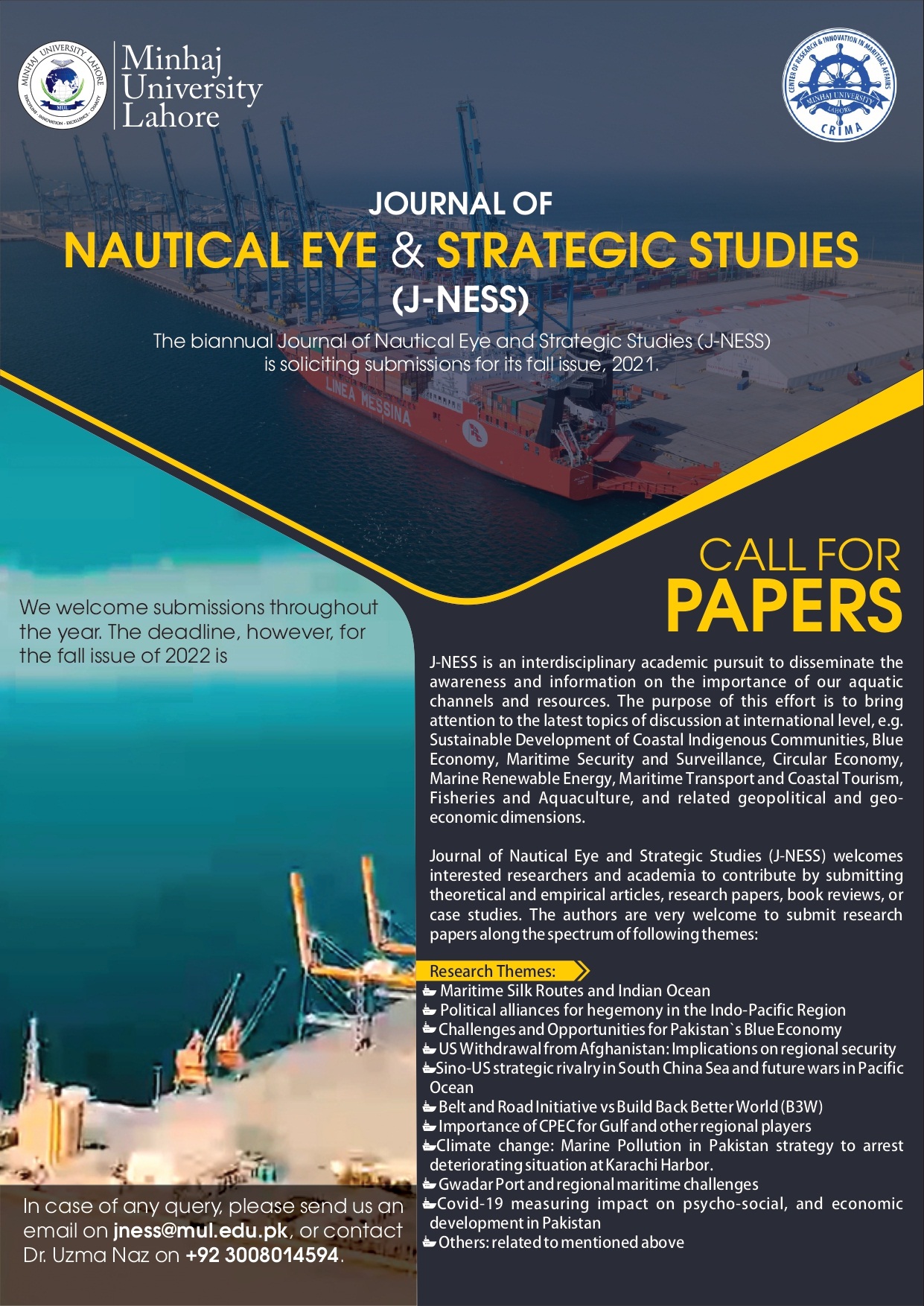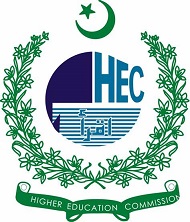Great Power Rivalry in the Indian Ocean and its impact on Pakistan
Keywords:
US, China, Indo-Pacific, Maritime Power, Security, CPEC, PakistanAbstract
Over the past 20 years, the Indian Ocean's (IO) strategic maritime environment has seen significant change. As a result of defense and security measures, regional emphasis has abruptly switched from territorial to maritime borders, having a significant impact on transnational ties. This study addresses the historical context of the strategic maritime environment of the Indian Ocean as well as evolving patterns of the US, China, and Indian presence as main competitors. The US is using its counterbalancing policy against China by improving its relations with India in the Indian Ocean. China through its Belt and Road Initiative and 21st Century Maritime Silk Road, envisions a "Common Future, Common Growth" agenda. The Asia-Pacific rebalancing is replaced by the US Indo-Pacific Strategy. Iran's strategic interests in the Indian Ocean are connected to its strategic need to use oil diplomacy to break out of its "geopolitical isolation” because of US rivalry. The European Union observes from the side lobes the political and strategic events in the Indian Ocean. Pakistan has a tremendous geostrategic advantage due to its presence at the entrance to energy highways, especially in light of China's BRI and its centerpiece CPEC. This study analyses the struggle for hegemony in the Indian Ocean and offers Pakistan policy recommendations.
Downloads
Published
How to Cite
Issue
Section
License
Copyright (c) 2023 Journal of Nautical Eye and Strategic Studies

This work is licensed under a Creative Commons Attribution-NonCommercial 4.0 International License.










